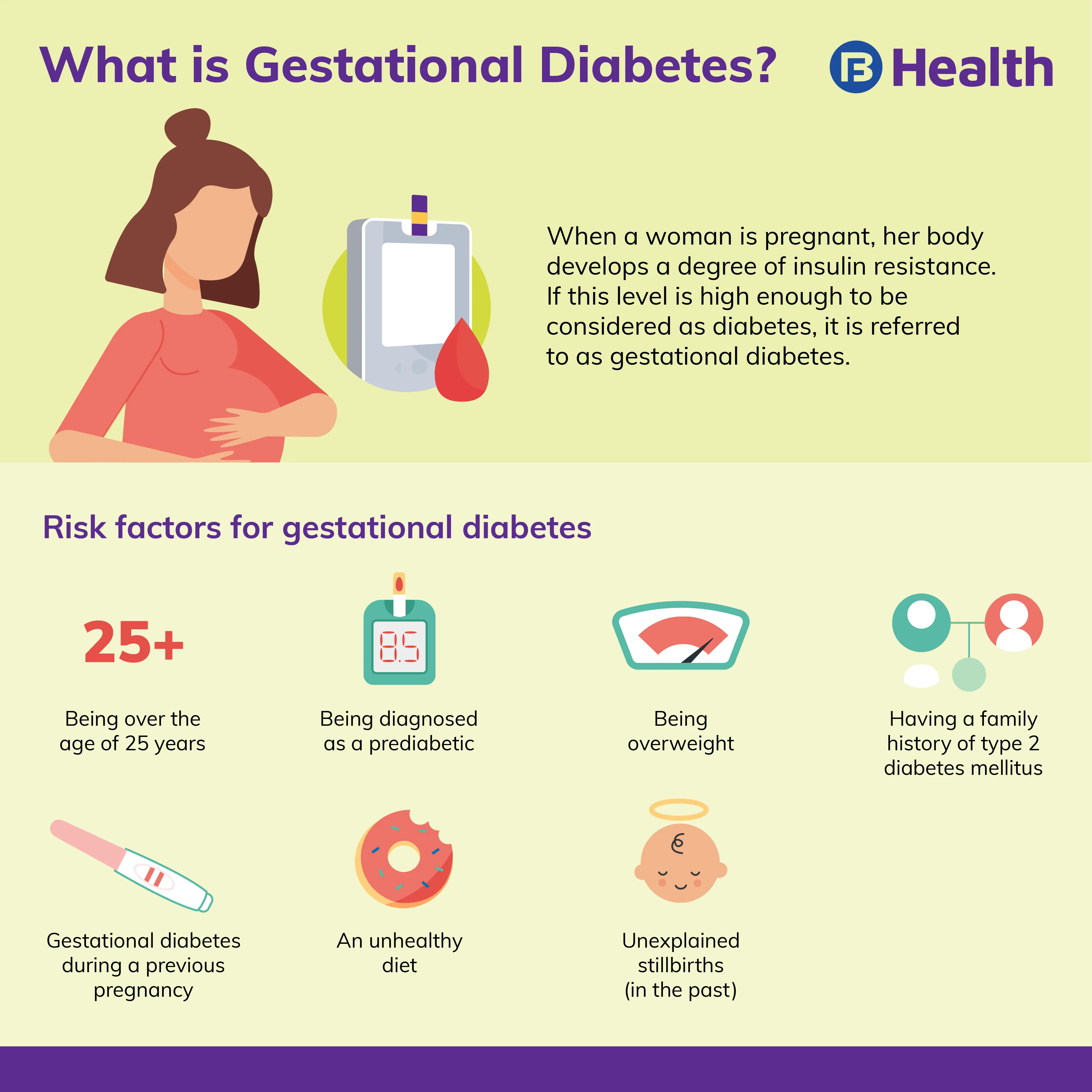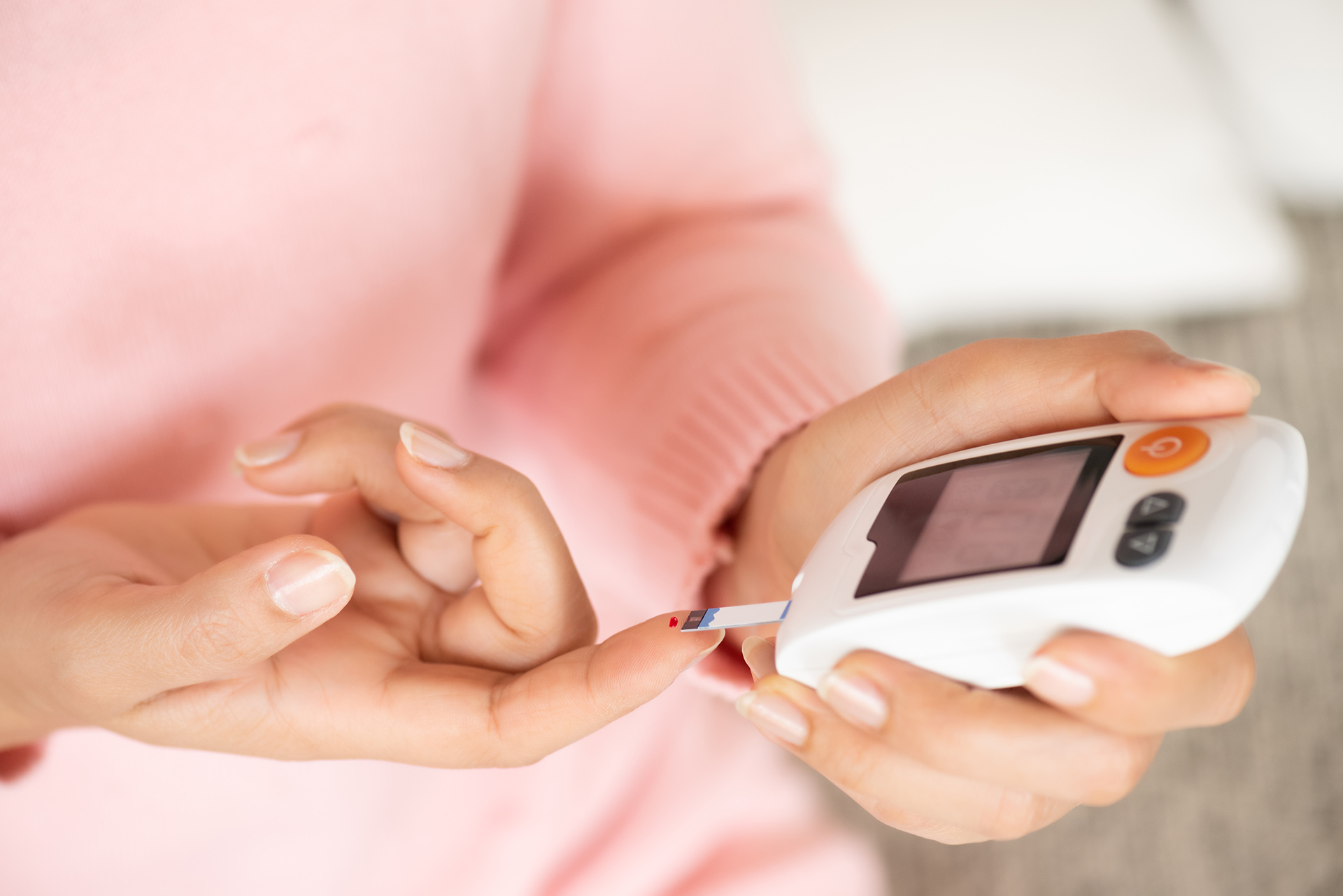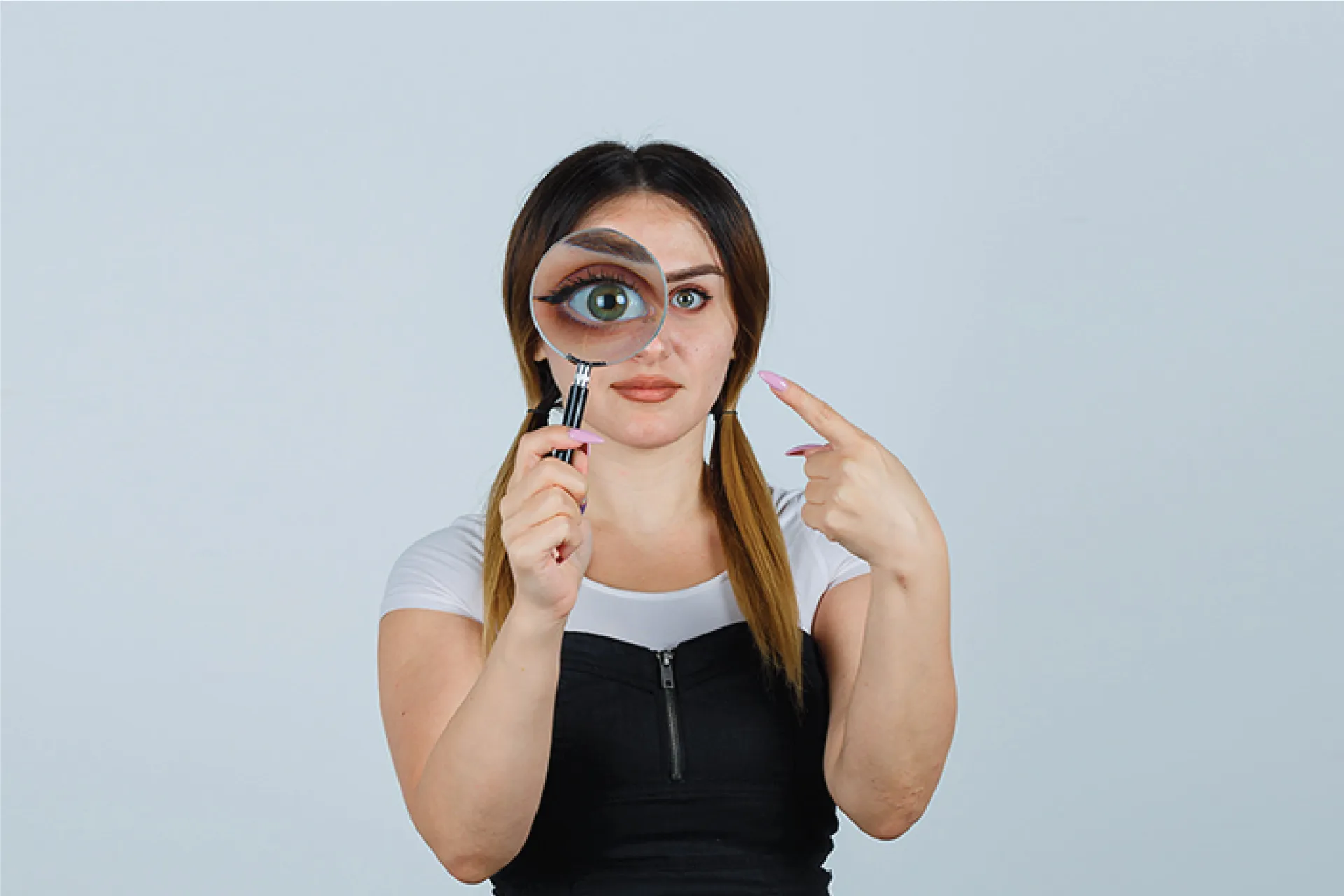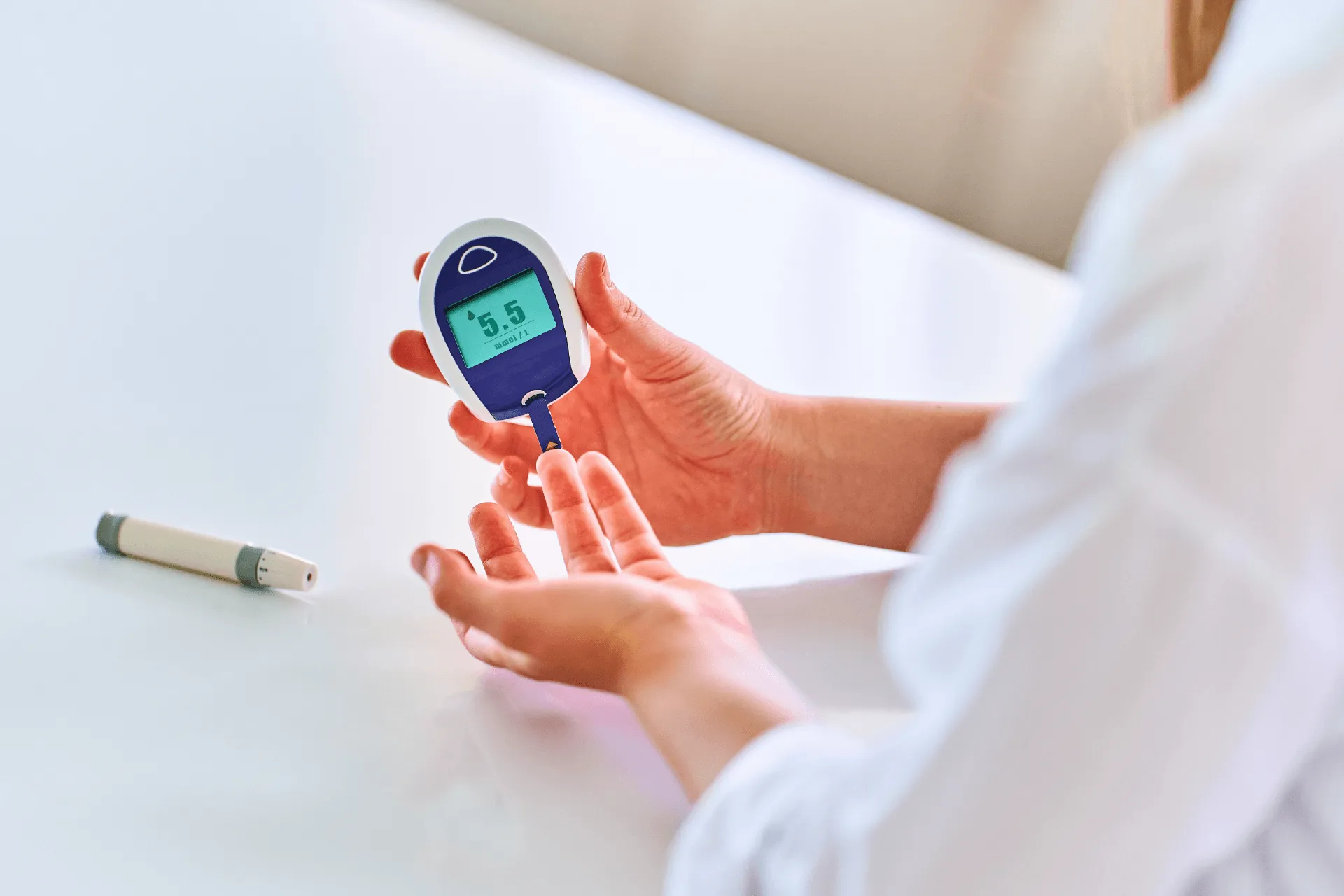Diabetologist | 8 min read
Types of Diabetes: Causes, Symptoms, Risk Factor
Medically reviewed by
Table of Content
Key Takeaways
- Type 1, type 2, and gestational diabetes are severe medical conditions that require careful management
- If you have any of these forms of diabetes, it's essential to receive the best possible care
- People with diabetes can lead happy and healthy lives with the proper treatment and lifestyle changes
As of 2019, India is home to 77 million diabetics, and the number is going to grow exponentially in the coming years. Studies suggest that it will nearly double to 134 million people by 2045. This is probably because diabetes is lifestyle disease, largely considered to be a product of a sedentary, fast-paced life that puts physical activity and good nutrition on the backburner.
When diabetes isn’t treated and brought under control, it can culminate in other medical issues such as strokes, vision problems, heart disease, kidney failure, nerve damage, depression and even hearing impairment. However, by educating yourself about diabetes and taking advantage of the constant research and development in diabetes medication, you can manage it and prevent it from hampering your life. Read more to learn about the three main types of diabetes.
What is Diabetes?
Diabetes is a group of conditions where the body is unable to produce or use insulin in the way it should. When the body can't get sugar from the blood into your cells, it can lead to high blood sugar levels. This is because your body breaks down most of it into glucose when you eat sugar. Glucose is then used for energy in your body. Insulin controls how much sugar goes into cells. People who don't produce insulin or are resistant to it end up with too much sugar in their blood, which - can lead to health problems.
Diabetes can take various forms, but the three main types are:
- Type 1 Diabetes
- Type 2 Diabetes
- Gestational Diabetes
- Prediabetes
Types of Diabetes
Type 1 diabetes, type 2 diabetes mellitus and gestational diabetes are the three main types of diabetes. All three are different from one another in the way that they affect your body.
Type 1 Diabetes
Those whose bodies don’t produce insulin are said to have type 1 diabetes, also known as Insulin-Dependent Diabetes Mellitus or IDDM. If you suffer from type 1 diabetes, it is because your immune system attacks the insulin-producing beta cells in your pancreas.
Type 2 Diabetes
The simplest way to explain diabetes mellitus is as follows: It is a state wherein your body is either not producing sufficient insulin, or isn’t able to optimally use the insulin that is being produced. It is also known as Non-Insulin Dependent Diabetes Mellitus or NIDDM. While type 1 diabetes mellitus and type 2 diabetes mellitus have similar symptoms, type 1 diabetes typically affects children, and type 2 diabetes affects those over the ages of 35–40 years.
Gestational Diabetes
Unlike IDDM and NIDDM, gestational diabetes is specific to a pregnancy. Typically, when a woman is pregnant, her body develops a degree of insulin resistance. If this level is high enough to be considered as diabetes, it is referred to as gestational diabetes. Gestational diabetes is harmful to both the mother and the baby, but more so to the baby. The infant may have low blood sugar, high birth weight and trouble breathing. In fact, the baby will also be at a higher risk of suffering from diabetes later on in life.
The medical management of diabetes mellitus (type 1) involves the patient taking insulin via injections or an insulin pump. Type 2 diabetes, on the other hand, is typically treated via medication, exercise and diet control. Gestational diabetes is categorized as A1 or A2 depending on its severity, and treated accordingly. Class A1 cases can be controlled through diet and exercise alone, whereas Class A2 cases require medication as well.
Prediabetes
Prediabetes is a type of diabetes that occurs when blood sugar levels are higher than normal but not high enough to be classified as diabetes. People with prediabetes are at increased risk for developing type 2 diabetes, heart disease, and stroke. There are two types of tests used to diagnose prediabetes:
- Fasting plasma glucose (FPG) test
- Oral glucose tolerance test (OGTT)
Several risk factors for prediabetes include obesity, family history of diabetes, history of gestational diabetes, Polycystic Ovary Syndrome (PCOS), and a sedentary lifestyle.
If you have been diagnosed with prediabetes, there are several things that you can do to slow the progression to type 2 diabetes and reduce your risk of heart disease and stroke. These include eating a healthy diet, maintaining a healthy weight, getting regular physical activity, and managing stress.
Also Read: Sign and Symptoms of Diabetes
Risk Factors for Various Types of Diabetes
By knowing what the common risk factors are for various types of diabetes, you can keep an eye for symptoms and contact a diabetologist at the earliest, if need be.
Risk Factors for Type 1 Diabetes Mellitus
- An immediate family member, such as a sibling, or both parents having type 1 diabetes mellitus
- Presence of diabetes autoantibodies or certain genes
- Geographical location, as per preliminary studies
- Environmental factors and exposure to certain viruses
Risk Factors for Type 2 Diabetes Mellitus
- Suffering from PCOS and/or depression
- Having had gestational diabetes in the past
- Having a family history type 2 diabetes mellitus
- Being over the age of 40 years
- Having low levels of good cholesterol and elevated levels of triglycerides
- Being overweight, having excessive fatty tissue and/or high levels of inactivity
Risk Factors for Gestational Diabetes
- Being over the age of 25 years
- Diagnosed as a prediabetic
- Being overweight
- Having a family history of type 2 diabetes mellitus
- Gestational diabetes during a previous pregnancy
- An unhealthy diet
- Unexplained stillbirths (in the past)
What Causes Diabetes?
Type 1 diabetes is usually caused by an autoimmune reaction where the body’s immune system attacks and destroys the insulin-producing beta cells in the pancreas. This leaves the individual unable to produce insulin and dependent on injected or inhaled insulin for survival. Type 2 diabetes is much more common and is characterized by insulin resistance, meaning that the body’s cells do not respond properly to insulin. This form of diabetes can be caused by a combination of genetic predisposition and lifestyle choices such as diet and exercise. Over time, if unchecked, this can lead to the pancreas losing its ability to produce enough insulin, resulting in the need for exogenous insulin therapy.
In short, diabetes is caused either by autoimmune destruction of the insulin-producing cells or by a combination of genetics and lifestyle choices that result in decreased response to insulin or eventual loss of function of the pancreas.
Symptoms of Diabetes
The most common symptom of all types of diabetes is increased thirst and urination. Other symptoms include extreme hunger, weight loss, fatigue, blurred vision, and slow-healing wounds. If you experience any of these symptoms, you must see a doctor immediately, as they can also indicate other health problems.
How is Diabetes Diagnosed?
There are a few different ways that doctors can diagnose diabetes. The most common way is to test for high levels of sugar in the blood. This can be done with a fasting blood sugar test or a glucose tolerance test.
Another way to diagnose diabetes is to look for high levels of sugar in the urine. This can be done with a urine test. Finally, doctors can also look for signs of damage to the organs caused by high levels of sugar in the blood. This can be done with an A1c test or a fasting plasma glucose test.
Tested for Diabetes
If you have any of the following symptoms, you should speak to your doctor about being tested for diabetes:
- Frequent urination
- Excessive thirst
- Extreme hunger
- Unexplained weight loss
- Sudden vision changes
- Tingling or numbness in hands or feet
- Feeling very tired
- Very dry mouth
- More infections than usual
Dos and Don’ts for Gestational Diabetes
While gestational diabetes can seem worrying, the good news is that you can manage it yourself to a great extent. Here are some basic dos and don’ts to keep in mind.
Eat Healthily
Step one is to focus on incorporating healthy foods into your gestational diabetes diet. This means eating plenty of fresh vegetables and proteins, through small meals spaced throughout the day. While fruits are healthy, it’s best to avoid high-sugar fruits and include ones like berries that are low in sugar and have plenty of fibre.
It’s best to eliminate artificial sweeteners, simple carbohydrates, large portion sizes, fast food, fried food and baked treats from your gestational diabetes diet.
Exercise Regularly
Exercising consistently will help you boost your glucose metabolism and lose weight too. This is important if your weight has led to gestational diabetes. Light walking, yoga and swimming are excellent options, but it’s a good idea to speak to your doctor to understand which low-impact options will be ideal for you.
Monitor your Sugar Levels
The best thing you can do for yourself is to monitor your sugar levels regularly and keep up with all doctor’s appointments. This way you can stay one step ahead of the disease and take any corrective action you need to at the earliest.
While consulting with a specialist is imperative when you have gestational diabetes, the same is true for type 1 and type 2 diabetes mellitus as well. Only by consulting with a doctor at periodic intervals can you manage this condition and prevent it from triggering other illnesses or hampering your quality of life. Fortunately, you can find the best diabetologists in your city on Bajaj Finserv Health. Whether you want to know what the ideal gestational diabetes range is or learn about the pathophysiology of diabetes mellitus type 2, you can find an experienced specialist here to answer all your questions.
Book an online appointment with a leading diabetologist. What’s more, you can get access to special discounts, diabetes health insurance, and medicine reminders too!
References
- https://link.springer.com/article/10.1007/s00125-020-05330-1
- https://care.diabetesjournals.org/content/15/3/318#:~:text=Non%2Dinsulin%2Ddependent%20diabetes%20mellitus,ability%20to%20respond%20to%20insulin.
Disclaimer
Please note that this article is solely meant for informational purposes and Bajaj Finserv Health Limited (“BFHL”) does not shoulder any responsibility of the views/advice/information expressed/given by the writer/reviewer/originator. This article should not be considered as a substitute for any medical advice, diagnosis or treatment. Always consult with your trusted physician/qualified healthcare professional to evaluate your medical condition. The above article has been reviewed by a qualified doctor and BFHL is not responsible for any damages for any information or services provided by any third party.





